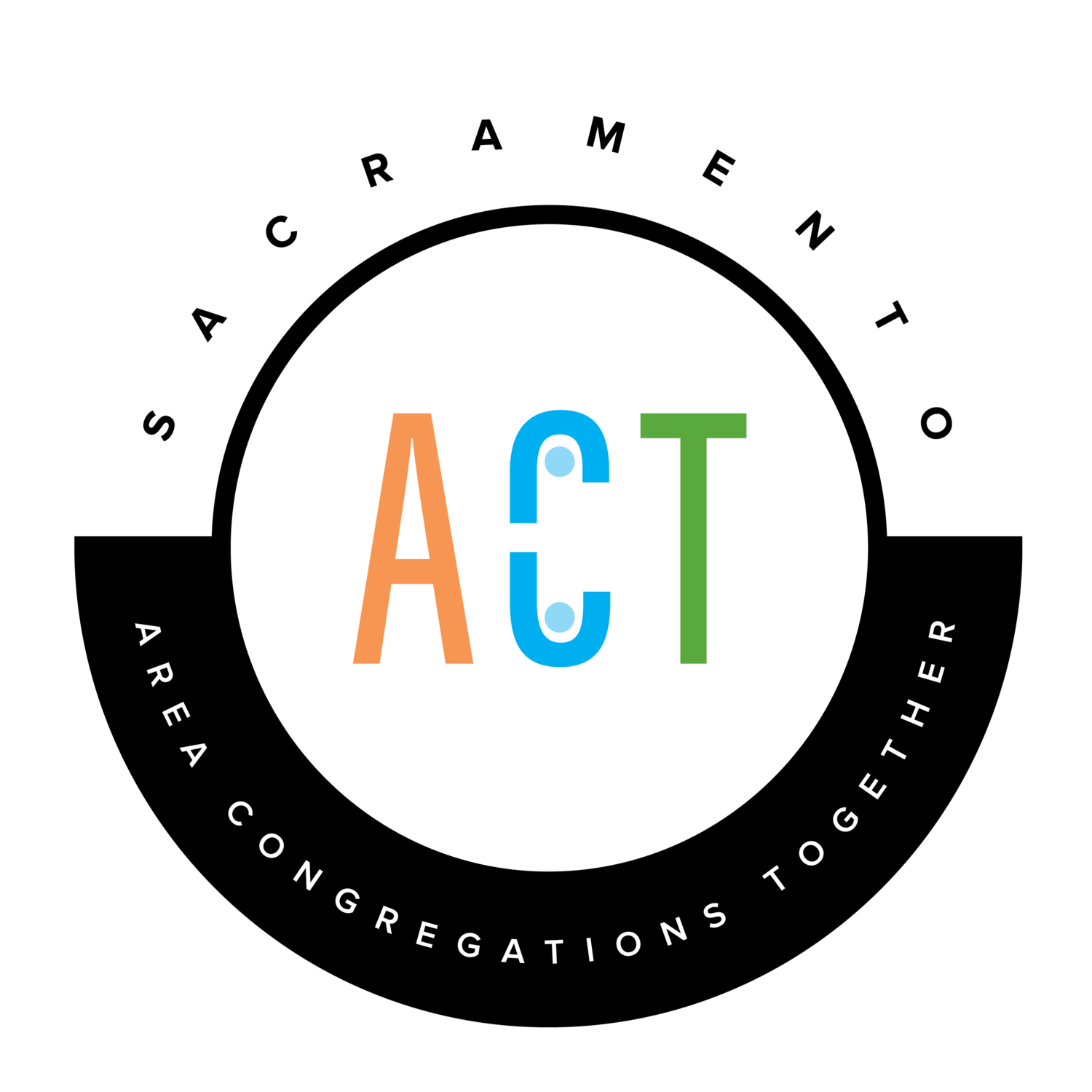It’s a statement of our times when politicians exclude poor people from medical services – and people of good conscience shrug their shoulders.
This happened to some of the poorest, most vulnerable people in Sacramento County in February 2009. Overwhelmed by the torrent of scary economic news, Sacramento residents raised little objection when the Sacramento County Board of Supervisors voted to stop funding health care for undocumented immigrants. I honestly can’t remember whether I knew about it or not.
As with all acts that separate certain people from the broader community, there were – and still are – rationally expressed and earnestly felt justifications for disenfranchising people in Sacramento County. In 2009, at the height of the worldwide recession, the county of Sacramento had a $55 million budget deficit to close, so the poorest of the poor became expendable.
But economics aren’t the only reason there wasn’t widespread outcry over this decision. It’s simple: The poor people who were losing all but emergency access to health care were undocumented.
All you have to do is invoke the words “undocumented immigrant” or “illegal immigrant,” and the conversation changes.
In the broader community, it becomes about the despised people who are law breakers and who are to blame for countless social ills. It becomes about an unsafe border and people who are not following the rule of law.
When Supervisors Susan Peters, Roberta MacGlashan and Don Nottoli voted in 2009 to exclude the undocumented from primary health care services, they had the winds of anti-immigrant sentiment at their backs. MacGlashan’s words at that time clearly played to such sentiments.
“Sacramento County simply cannot afford a discretionary program that specifically provides free, non-emergency health services to citizens of other countries,” she said in a written statement in 2009.
The impact of the supervisors’ decision was immediate, said Glennah Trochet, who was Sacramento County’s public health officer at that time.
“It made it much harder to treat people with communicable diseases,” Trochet said. The undocumented could still be treated for communicable diseases, such as TB, Trochet said. But the county could no longer offer preventive care that might have stopped them from catching TB in the first place.
For example, diabetes – an urgent health issue in the Latino community – can make a person more susceptible to TB because their immune system can be compromised by a high blood-sugar count. But the undocumented can’t be treated for diabetes at county clinics, Trochet said.
TB has surfaced in four Sacramento County schools in the past two years.
Sacramento County also has among the highest rates of chlamydia and gonorrhea of any county in California. The infant mortality rate in Sacramento County also remains one of the highest in the state, and it hits minority communities especially hard.
Efforts to suppress these serious threats to public health are undermined by excluding a vulnerable population from basic health care. It exposes the larger community to health risks. It puts doctors in a terrible position, denying them the ability to do their jobs well.
“Doctors don’t treat diseases,” Trochet said. “They treat patients.”
In addition, no one can confirm that the $2.4 million savings the county was supposed to realize by cutting medical services to the undocumented has actually been achieved.
At a county workshop before an overflow crowd last Wednesday, Sherri Heller, director of Sacramento County Health and Human Services, conceded that her office could not corroborate how the county had even come up with with the $2.4 million cost-saving estimate.
California, through Medi-Cal, does provide certain basic services to undocumented immigrants. Heller said there are roughly 16,000 undocumented residents on Medi-Cal rolls from Sacramento County.
However, preventive care services are largely restricted, and the undocumented are not eligible for services under the Affordable Care Act and Covered California.
At Wednesday’s meeting, several speakers burst into tears when recounting their inability to get well or to find doctors who would treat them when they were sick.
This issue motivated some of Sacramento’s most high-profile politicians to lobby the Board of Supervisors to restore medical services.
“We want to make sure that everyone has health care coverage,” said Sacramento Mayor Kevin Johnson. “That the Sacramento that we believe in.”
County Supervisor Phil Serna is the driving force for bringing this issue back to the forefront. While understanding tough decisions made due to budget shortfalls, Serna rejects the idea that the county can’t afford to provide health care to poor people regardless of status.
“We’re elected to set priorities,” Serna said. “There are funds. The question is whether this is a high enough priority that we balance our budget and adequately fund the community needs.”
Serna is right. Denying health care by using the excuse of limited budgets is a cop-out. If you want to make it about denying services to the undocumented, stop to consider this point:
Public health affects everyone. The suppression of communicable diseases protects everyone. You can restrict health care to make a political point, but you compromise the health of all citizens when you do.
For some of those appearing before the Board of Supervisors last week, the question of whether to provide health care to some of the region’s poorest workers, people who pay taxes, is about much more than politics – it’s a matter of human morality.
“God created his people,” Sacramento’s Roman Catholic bishop, Jaime Soto, told the crowd. “But we’ve created unpeople: The unborn, the undocumented, the unemployed, the unneeded, the unheard.
“We should reject the prevailing notion that there are unpeople.”
Click here to read the original article on The Sacramento Bee
